
About Unit 1
💭 Essential Question: How do investigation and interpretation define history as a discipline?
The Thinking Like a Historian unit sets out to equip students with necessary methodological knowledge before they embark on the interpretive and investigative nature of World History. Students will practice this through three categories: Historical Dispositions, Historical Tools, and Historical Methods. The aim of this unit is to introduce students to core components of methodology that can serve as anchors throughout the course. Engaging with topics such as contextualization, epistemology, and historical empathy is essential for developing a scholarly mindset and disposition. Maps and Timelines, and the arguments they make, are rudimentary, yet necessary when understanding the complexity of history. Lastly, argumentation, both in the past and about the past, is a critical component of any scholarly endeavor. Thus students are introduced to methods such as historiography, the process of coming up with claims, and common fallacies one can make when engaging in scholarship. The unit assessment combines these facets of scholarly methodology as students explore their own identity through a personal history poster.
%20(800%20x%20200%20px)-Jun-16-2025-03-52-14-7219-PM.png)
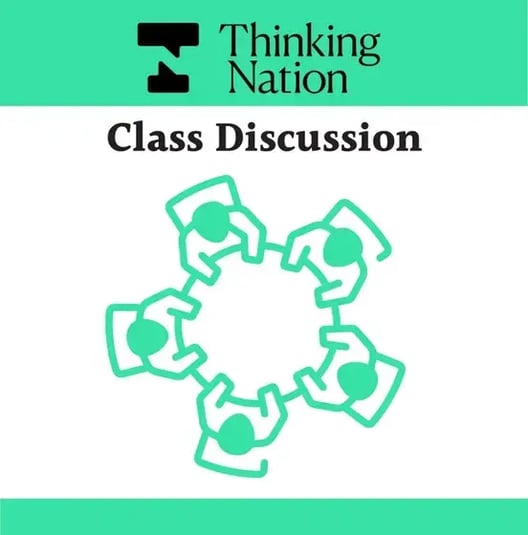
Class discussions in a social studies classroom are vital for enhancing student engagement with information and learning of new material.
▶️ Video
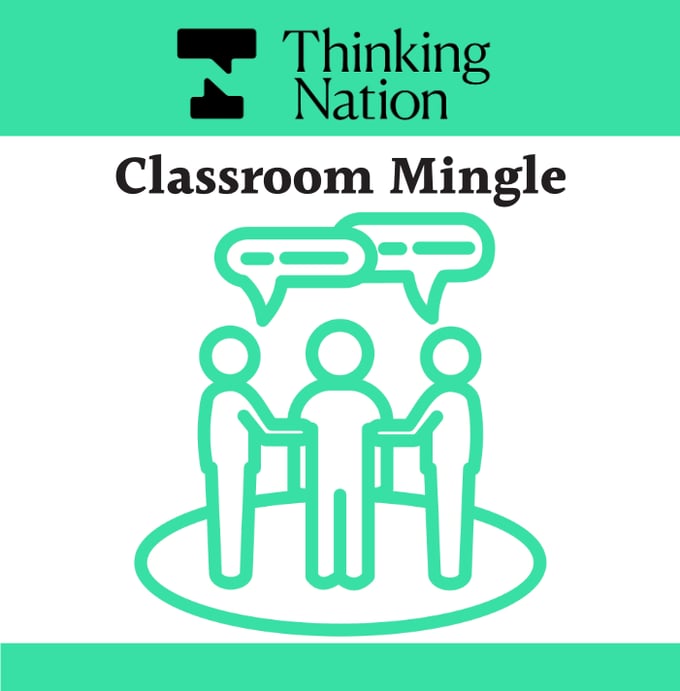
Formatives assessments are a powerful way to measure how your students are progressing towards learning objectives (Additional Video).
▶️ Video
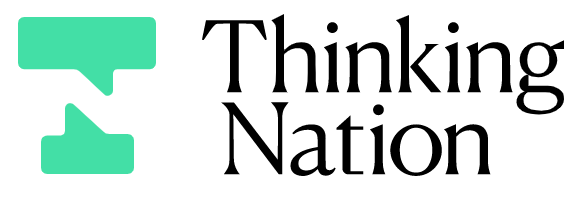



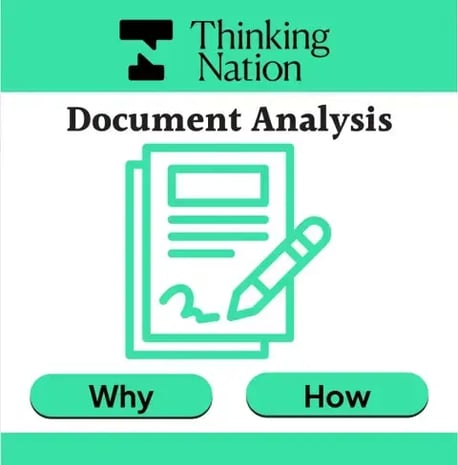
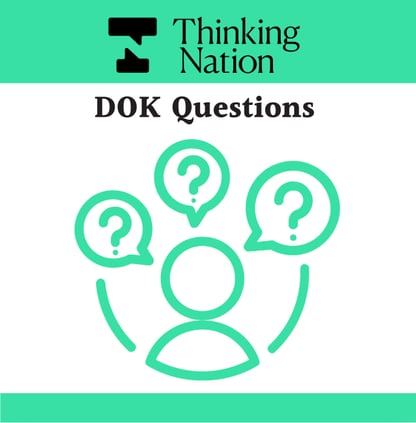
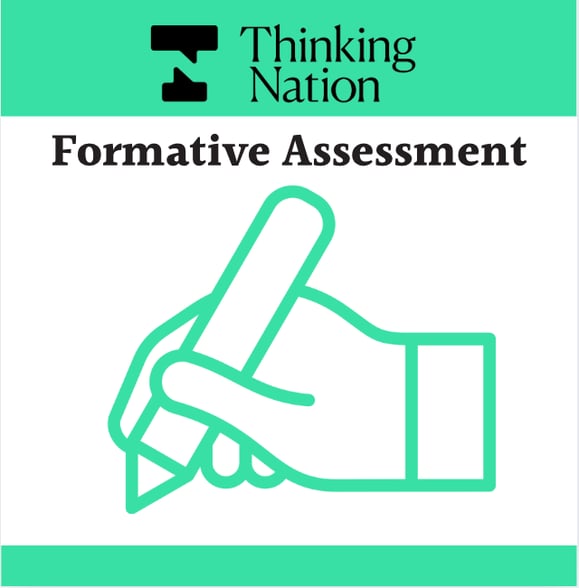
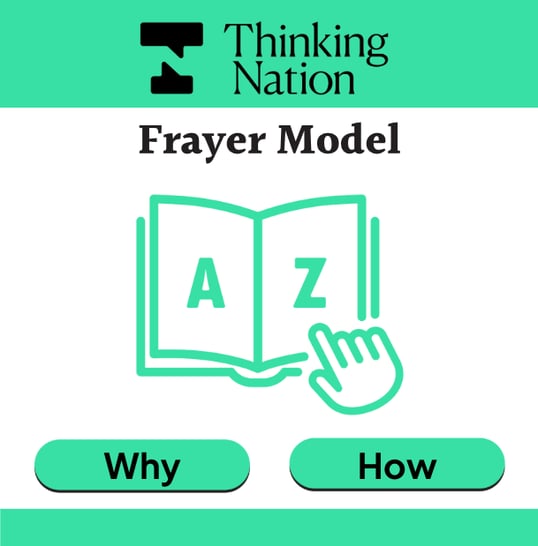
%20(800%20x%20200%20px)-Jul-25-2025-10-05-34-0370-PM.png)